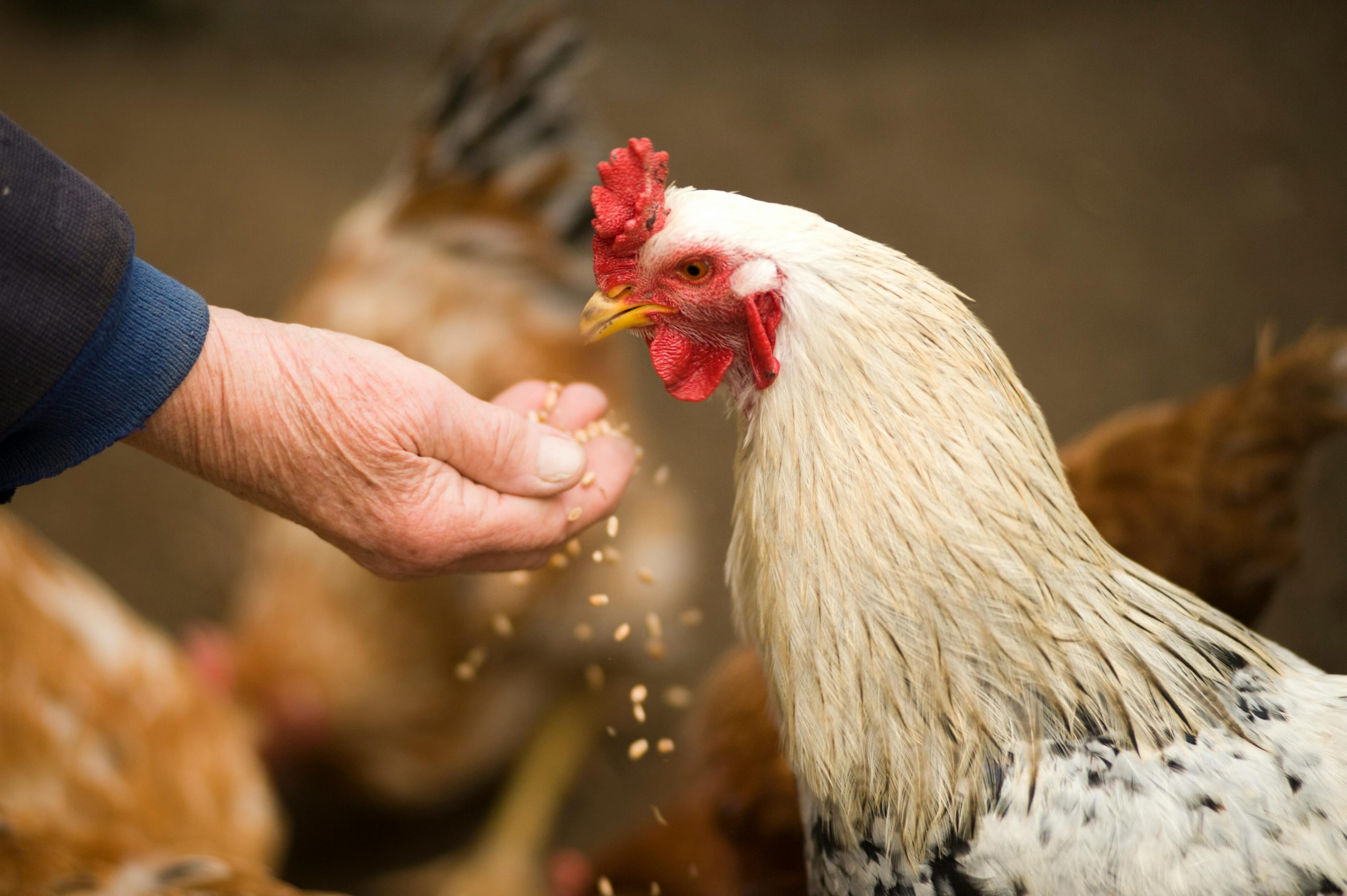Introduction
A recent outbreak of Highly Pathogenic Avian Influenza (HPAI) has been confirmed in a commercial turkey flock in Sac County, Iowa. This marks the fourth detection of H5N1 in the state this year and the second within the past week. The rapid succession of cases has prompted state officials to take immediate action and has led federal lawmakers to call for a more robust response from the U.S. Department of Agriculture (USDA).
State Response to the Outbreak
On Wednesday, the Iowa Department of Agriculture and Land Stewardship (IDALS) announced the detection of HPAI in Sac County. In response, Governor Kim Reynolds issued a disaster proclamation for the county, effective through March 21, to mobilize state resources for containment, disposal, and disinfection efforts. This proactive measure aims to prevent further spread of the virus and mitigate its impact on Iowa’s poultry industry.
The recent detection follows a similar case reported last week in Buena Vista County, where a commercial turkey flock was also affected by H5N1. These incidents highlight the persistent threat of avian influenza to poultry operations in the region.
National Implications and Industry Impact
Since the onset of the current HPAI outbreak in February 2022, more than 162 million commercial and backyard poultry across the United States have been affected. The widespread nature of the virus has led to significant economic losses for producers and has disrupted supply chains, resulting in increased prices for consumers.
In an effort to alleviate domestic shortages, Turkey has agreed to export 15,000 tonnes of eggs to the U.S. This arrangement, coordinated by the Egg Producers Central Union in Turkey, aims to address supply disruptions caused by the loss of millions of laying hens due to the virus. The exports are expected to continue through July and generate approximately $26 million in revenue for Turkish producers.
Legislative Calls for Enhanced USDA Measures
In light of the escalating crisis, U.S. Senators Joni Ernst and Chuck Grassley of Iowa, along with 14 other lawmakers, have penned a letter to Secretary of Agriculture Brooke Rollins. The letter urges the USDA to intensify its efforts to contain the outbreak and outlines several key recommendations:
- Vaccination Strategy: The lawmakers advocate for the development and implementation of a comprehensive vaccination program for poultry. They emphasize the need for collaboration between the USDA and industry stakeholders to ensure the vaccine’s efficacy and safety.
- Movement Controls: To prevent further spread of the virus, the letter calls for expanded movement controls on animals that pose a risk of transmission. This includes stricter regulations on the transport of potentially infected birds and enhanced monitoring of poultry operations.
- Biosecurity Audits: The senators recommend that the USDA provide qualified auditors to enforce an interim rule from the Animal and Plant Health Inspection Service (APHIS). This rule mandates enhanced biosecurity measures for producers seeking indemnity payments following repeat HPAI outbreaks. Ensuring compliance with these measures is crucial to mitigating future incidents.
- Revised Indemnity Payments: The letter urges the USDA to reassess and increase indemnity payments for egg producers compelled to cull their flocks due to HPAI. Adequate compensation is essential to support affected producers and sustain the industry’s viability.
The lawmakers stress that “a new urgency is required from the USDA to address the evolving situation,” highlighting the critical need for immediate and decisive action.
USDA’s Response and Challenges
In response to the outbreak, the USDA has taken steps to enhance its mitigation strategies. Notably, the department has granted a conditional license to Zoetis for the use of its avian influenza vaccine in poultry. This approval aims to provide an additional tool for controlling the spread of HPAI within domestic bird populations.
However, the USDA has faced internal challenges that may impact its response capabilities. Recently, the department mistakenly terminated several employees involved in the HPAI response due to a workforce reduction initiative. Recognizing the error, efforts are underway to rehire the affected staff to ensure that critical functions, such as overseeing laboratories confirming bird flu cases, are not disrupted.
Conclusion
The recent HPAI outbreak in Sac County underscores the ongoing threat of avian influenza to the poultry industry in Iowa and across the nation. The concerted efforts of state officials, federal lawmakers, and the USDA are crucial in addressing the crisis. Implementing enhanced biosecurity measures, developing effective vaccination strategies, and ensuring adequate support for affected producers are essential steps in mitigating the impact of this devastating virus.
(Source : newsbreak.com)


